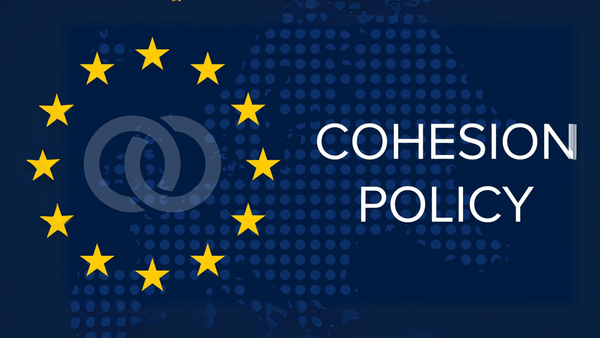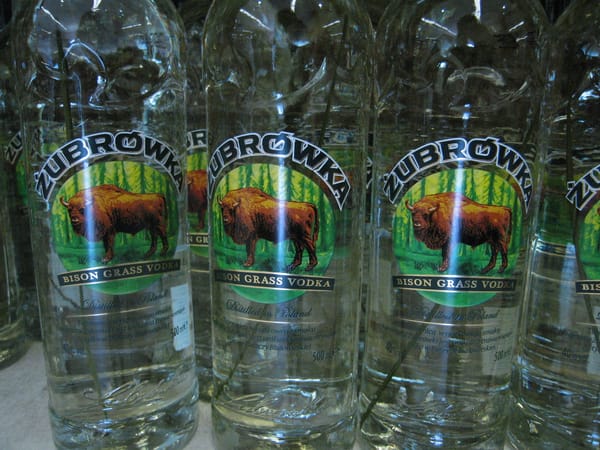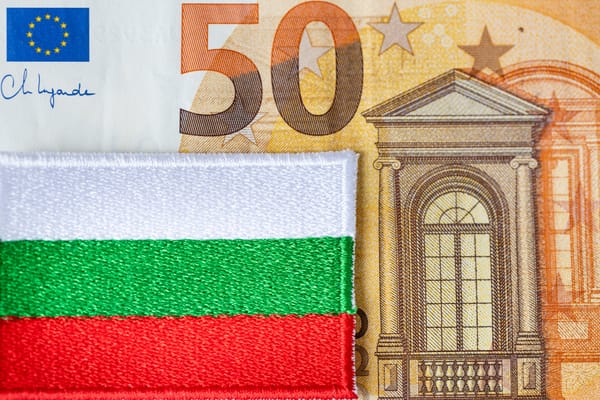
Bulgarian Elections: Second Vote Inconclusive
A second Bulgarian parliamentary election held on Sunday lead again to inconclusive results.
The center-right GERB party of former prime minister Boyko Borissov and the new anti-establishment party “There Is Such a People” both gained 23% in the election on Sunday, 11 July. A second election was called after coalition talks in April 2021 collapsed.
As a result, the political deadlock to form a government in Bulgaria is likely to continue as there is no clear winner of Sunday’s parliamentary election, the second in three months.

According to partial results with about 95% of the votes counted and announced by the Bulgarian Central electoral commission, the third most votes were gained by the Socialists, at 13%, and the anti-corruption profiled political formation called Democratic Bulgaria garnering 12.8%. The ethnic Turkish party Movement for Rights and Freedoms (MRF) came in 5th place with 10.59% and the “Rise Up, Out with the Crooks” party at 5.04%. Final election results are expected for Thursday, according to official sources.
After April’s election, no party or coalition could secure enough parliamentary support to form a majority government, resulting ultimately in ousting former prime minister Borissov. Since then, a caretaker government has been leading the country on a temporary basis.
The results are a second blow to the up-until-now governing GERB party in the EU’s poorest member state and bring to an end Borissov’s decade-long stint governing. According to analysts, Borissov lost as a result of pervasive corruption in the country. In April, GERB had come in first too, at 26.2%, while their latest results were even lower.
Political experts argue that the “There Is Such a People” party might be the best positioned to form Bulgaria’s next government with the possible support of two small anti-establishment parties, Democratic Bulgaria and Stand Up! Mafia Out!. Still, such an alliance would not make up a majority in the Sofia parliament, counting for less than 42% of the votes. Speaking to France24, a political analyst with the Centre for Liberal Strategies, Daniel Smilov, said that a coalition led by ITN may be 5-10 seats short to be able to govern without the support of long-established groupings such as the Socialists or the ethnic Turkish MRF.
The most likely scenario is weeks or even months of coalition talks with the prospect of a third election a possibility. Such a result would mean that Bulgaria could face serious challenges tapping into the EU’s COVID recovery funds as their processing requires a majority in parliament.





